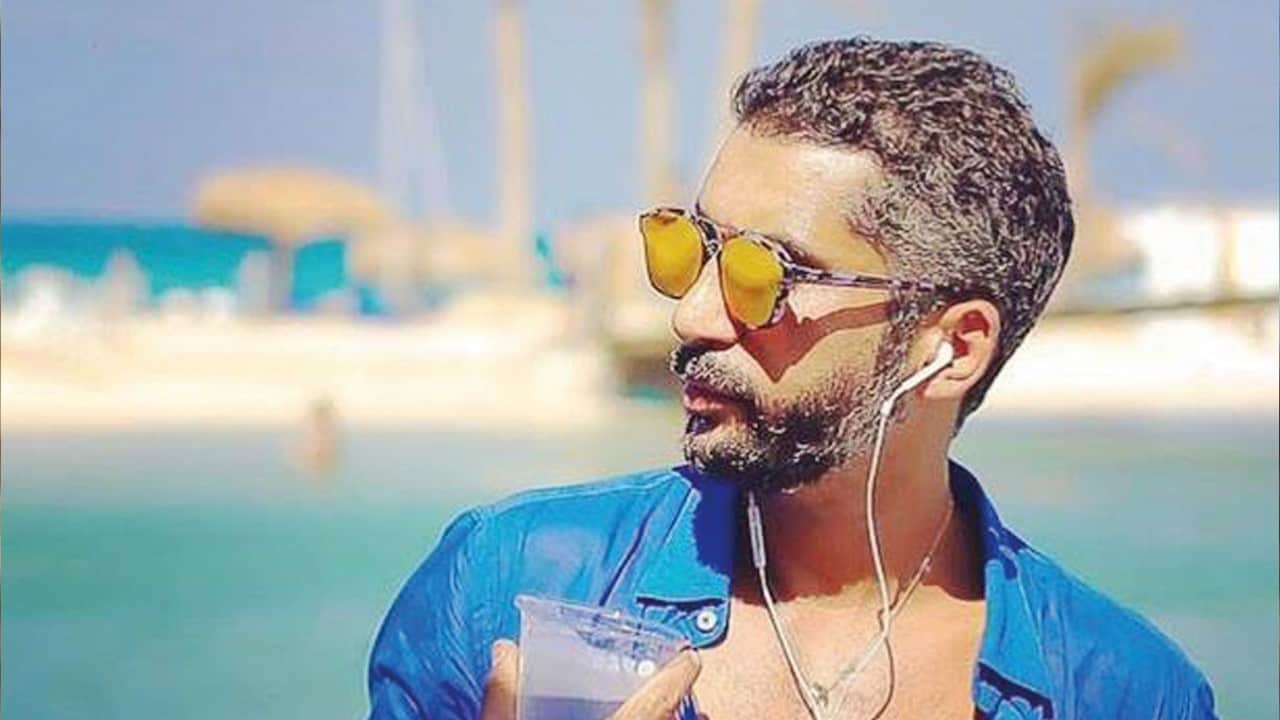Content warning: This article is about rape.
In July, an Egyptian campaign to hold sexual abusers accountable turned up allegations of a 2014 gang rape involving numerous rich and powerful men. The Prosecutor General made several arrests as part of an investigation the following month, including promoter Ahmed Ganzoury – but many have questioned his alleged connection to the incident.
The alleged abuse took place at private after party for an event organized by Ganzoury’s company, byGanz, at the Cairo hotel Fairmont Nile City. The woman, who was 18 at the time, said that at least nine men drugged her, took turns raping her, and wrote their initials on her back. The men allegedly recorded video of their acts and shared it amongst friends, according to Human Rights Watch.
Sexual assault watchdog Assault Police called attention to the alleged crimes via Instagram, claiming that the same group of men had sexually assaulted at least six women. After weeks of demonstration by women’s rights groups, the state-run National Council for Women encouraged the alleged victims as well as witnesses to formally testify against the alleged abusers in early August. The Prosecutor General’s investigation followed, with Ganzoury being arrested at his home at the end of the month.
Egyptian officials have not publicly disclosed Ganzoury’s specific charges. A source familiar with the matter told Human Rights Watch that he was not one of the accused, and the private party took place at a separate hotel from the one where his event was held. Compromising photos from his phone found their way to the media after his arrest, and pro-government publications reportedly portrayed him as a homosexual in coverage of the arrest (same-sex relations are illegal under Egypt’s debauchery laws).
Ganzoury was not the only individual arrested in the incident without being accused of sexual assault. Middle East Eye reports that out of seven people arrested at the end of August, only one was an alleged rapist. The rest were witnesses or had other tenuous ties to the 2014 incident.
Egyptian authorities’ handling of the Fairmont case has given women’s rights activists concern for the future of “Egypt’s #MeToo,” is it’s been described. The push for accountability arose after Assault Police outed alleged abuser Ahmed Bassam Zaki in the beginning of July, and it gained momentum in the months that followed. With the Prosecutor General framing the 2014 as a “group sex party” rather than a gang rape, however, some fear that a movement for social justice may be subverted by Egypt’s authoritarian government.
Ahmed Ganzoury’s family has reportedly been unable to provide him with legal aid or COVID-19 prevention measures like face masks and sanitizer.


